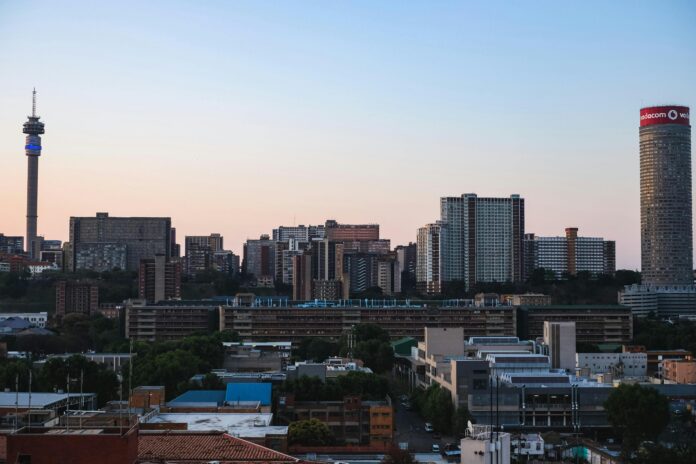Career prospects, study opportunities and the appeal of a cosmopolitan lifestyle with access to recreational amenities are among the many reasons why more young professionals choose to buy property in urban areas, says Bradd Bendall, BetterBond’s National Head of Sales. “And these buyers are becoming increasingly important players in the residential property market, with BetterBond’s registration data from July showing that the average purchase price for buyers between the ages of 20 and 30 has increased by over 3% in the past year, compared with an increase of only 1% the year before.”
As economist Roelof Botha points out in BetterBond’s August Property Brief, urbanisation remains an unstoppable global phenomenon and South Africa is no exception. “Metropolitan areas are magnets for job seekers and students who do not have access to the same opportunities in rural areas,” says Bendall. “It’s therefore no surprise that South Africa’s national urban development policy estimates that over 71% of our population will live in urban areas by 2030.” With this influx of people to cities, mixed-use developments and precincts that offer residential, commercial and recreational opportunities will become increasingly popular. This, as space becomes a premium and the cost of the daily commute from suburban areas to urban centres increases, explains Bendall.
The findings of the State of Cape Town Central City Report 2023 – A Year in Review (SCCR), released last week by the Cape Town Central City Improvement District, provides an example of how urbanisation drives residential property trends. Of the 30 buildings under construction or recently completed in Cape Town’s CBD, 40% were residential and seven were mixed-use (residential and commercial). Many of the conversions were former commercial buildings that have been transformed into residential units to meet the growing demand for a “15-minute city” lifestyle. The report also notes that by the end of 2023, the number of residential apartments in Cape Town’s central city increased from 6 827 to 7 188. “The Cape Town CBD is a residential hub that is home to thousands of people who relish the bustling downtown lifestyle and urban vibes,” says the report.
Of the inner city residents surveyed, 47% said they chose the CBD to be closer to work, while 39% favoured the city for its cosmopolitan lifestyle. As noted in the SCCR, within the next two years, 75% of the global workforce will be Millennials between the ages of 28 and 43. Many of these will seek the flexibility and vibrancy of urban living. They are also likely to spend up to three times more on their first homes than Baby Boomers did. BetterBond’s registration data for July shows that there has been a 2.6% increase in the average purchase price of homes for buyers between the ages of 31 and 40. Underscoring the growing demand for urban living, Lightstone reports that Gen Z buyers also favour metros over rural areas when buying their first home. House prices in metropolitan areas have shown steady growth in the past five years, increasing by 20.8%, reports Stats SA.
Developments such as Cape Town’s 27-floor R600-million skyscraper, The Rubik, and precincts such as Melrose Arch in Johannesburg, attract young professionals seeking a convenient and safe live-work-play lifestyle, says Bendall. These mixed-use offerings combine residential, commercial and recreational features in one building or area. Precincts such as Steyn City offer a mix of property options, including freehold and sectional title units, linked by green spaces, nature trails and other amenities. “Mixed-use developments offer the ideal residential solution for young professionals. They can live close to work, enjoy a sense of community within a dynamic urban setting, and benefit from various amenities and services such as an on-site laundry, gym and retail options.” Convenience trumps space for many young professionals in urban settings, and the TENOV development, offering 150 units including 56 micro-apartments at 22m2 each in Cape Town’s CBD, attests to this.
Urban living calls for integrated spaces that provide a mix of residential and recreational opportunities. Offering an appealing lifestyle, homes in these spaces represent considerable investment opportunities,” concludes Bendall. Rapid urbanisation will fuel the demand for homes in these mixed-use developments, making them a sound investment option for young professionals embarking on their property journey.

